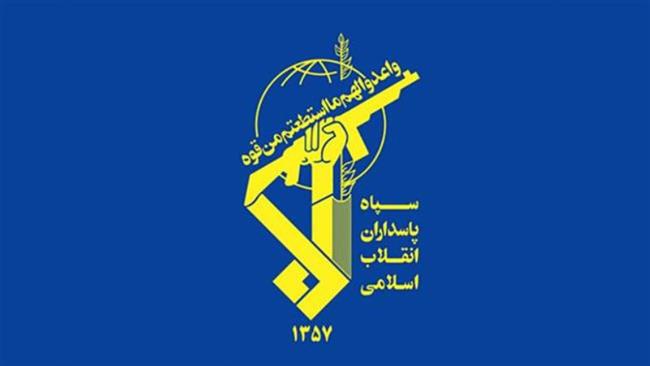
RNA - The IRGC has always thwarted the different plots of internal and foreign enemies and has played a constructive and crucial role in deterring enemies' aggression, fighting terrorism, establishing security in the region and supporting the resistance front and the oppressed nations, the statement said on the occasion of the IRGC Day in Iran (April 20).
It also stressed the Iranian Armed Forces' full preparedness to defend the country's territorial integrity and safeguard the Islamic Revolution and its achievements against all types of enemy threats.
In relevant remarks on Tuesday, Chief of Staff of the Iranian Armed Forces Major General Mohammad Hossein Baqeri said enemies inability to assess Iran's response to any possible military aggression has grown into an undeniable reality disturbing enemy calculations.
The army and the Islamic Revolution Guards Corps (IRGC) as powerful arms and iron fists of the Islamic Republic have displayed enemies' weakness in assessing their way of response to any possible threat and aggression against the country, General Baqeri said in a statement on the occasion of the Army Day in Iran (April 18).
He added that the Iranian Armed Forces will not allow the enemies, specially the US and its western and Arab allies, to harm the Iranian nation's wise strategy of resistance.
His remarks came after Israeli media said Tel Aviv feels much concerned about Iran's response to its recent attack on the T4 airbase in Syria.
Two Israeli fighter jets struck the T4 military base in Central Syria from the Lebanese airspace on April 8, killing and wounding over a dozen militaries, including seven Iranian military advisers. Israeli F-15 warplanes fired eight guided missiles, but Syrian air defense units shot down five before they could hit the air base. Three of the missiles reached the Western part of the military airport.
The incident came two months after an Israeli F-16 fighter crashed after Syria responded with anti-aircraft fire to Israel's operation in its territory. Damacus said its military base came under Israeli fire, and it hit multiple aircraft in response.
Tel Aviv has claimed that the Israel Defense Forces (IDF) intercepted an Iranian UAV, which crossed from the territory of Syria into Israel, but it has so far failed to provide any proof that the drone belonged to Tehran or flew over the Israeli occupied part of the Golan Heights.
Almost a week later, New York Times columnist Thomas Friedman quoted senior Israeli military officials as acknowledging the attack as a direct hit at Iranian targets by Tel Aviv.
“It was the first time we attacked live Iranian targets — both facilities and people,” the Israeli military source was quoted by Friedman as saying in an April 15 article in New York Times.
The comments have attracted attention in Tehran since it's one of the very rare, if at all, cases that an Israeli military has admitted offensive operation outside its borders, but what makes it even more vital is that it is the first time an Israeli military admits a planned attack on Iran.
Once Friedman released the story the Israeli Army rushed to stop or lower the costs of such an acknowledgement by disputing "the characterization and accuracy of the raid by my Israeli source".
Tehran has confirmed that seven of its military advisers have been martyred in Israel's assault, publicly vowing to take revenge from the Tel Aviv regime.
Iranian Supreme Leader's top aide for international affairs Ali Akbar Velayati has cautioned that Israel should be waiting for a powerful response to its night airstrikes on the Syrian airfield, saying "it will not remain unanswered".
According to Fars News Agancy, Iran's Foreign Ministry has also lashed out at the Israeli regime for the attack on the T4 base, warning that Tel Aviv will be punished for its aggressive action.
The Tel Aviv regime has launched sporadic attacks against various targets on Syrian soil over the past few years, in assaults slammed by Damascus as attempts to boost terrorist groups who have been suffering heavy defeats on the battlefield with President Bashar Assad forces.
The Syrian army has also seized Israeli-made arms and military equipment from militants fighting pro-Damascus forces on numerous occasions ever since the war of militancy started in the country. Israel has also admittedly been providing medical treatment to the militants wounded in the Arab country.
847/940